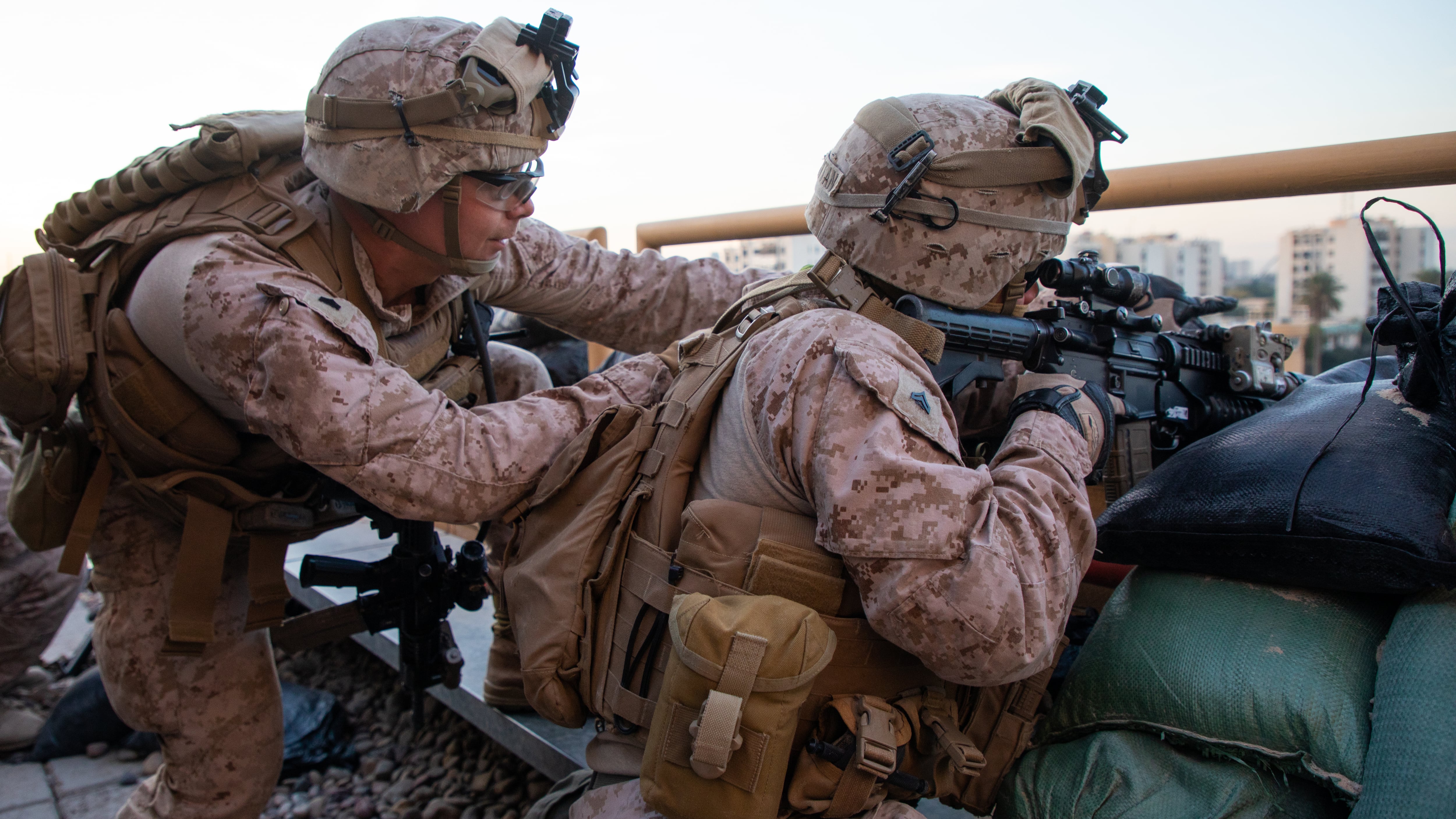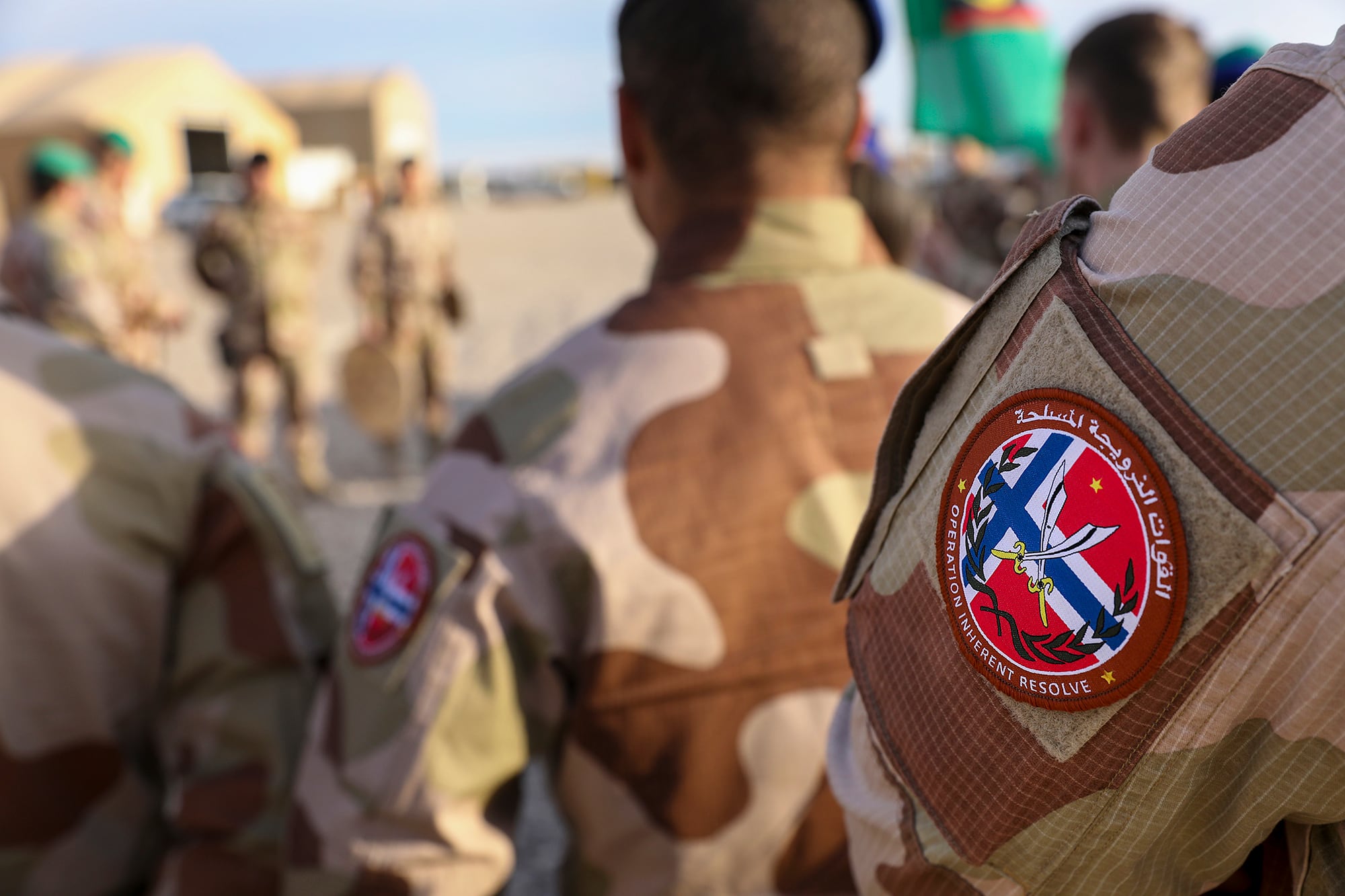COPENHAGEN, Denmark — Islamic State militants hide in sparsely populated farmlands in Iraq from where they stage attacks on Iraqi forces scrambling to curb the spread of the coronavirus in the country, the head of the 70-man Norwegian contingent in this Mideast nation was quoted as saying Wednesday.
Iraq is not just facing the global pandemic but also a resurgence of attacks by the Islamic State group and a financial crunch as oil prices plummet to historic lows — a crisis for a nation depending on crude exports to fund 90 percent of its state expenditures.
The militants “reside in agricultural areas and are thus not particularly susceptible to the virus infection,” Lt. Col. Stein Grongstad told Norway’s VG newspaper. In recent weeks, they have been targeting Iraqi forces “that are not currently coordinated to the same extent as before the virus struck.”
RELATED

The assessment is in line with Associated Press reporting that the militant group is taking advantage of governments absorbed in tackling the coronavirus pandemic and the ensuing slide into economic chaos to stage more brazen attacks across Iraq and Syria.
In Iraq, the militants are also exploiting security gaps coinciding with a pullout of U.S.-led coalition forces from bases in western Iraq, Nineveh and Kirkuk provinces in line with a drawdown conceived in December.

Grongstad described the situation as a “paradox,” that at a time when the world is grappling with the pandemic, ISIS attacks are on the rise.
“The Islamic State group has been moving the fighting from Syria to Iraq ... (and ) is strengthening, both financially and militarily,” he said.
Since 2017, a Norwegian contingent has been based in western Iraq’s vast and mostly desert Anbar province, where it trains and advises Iraqi security forces.
Iraq has reported over 2,700 cases of coronavirus infections, including 109 deaths.
